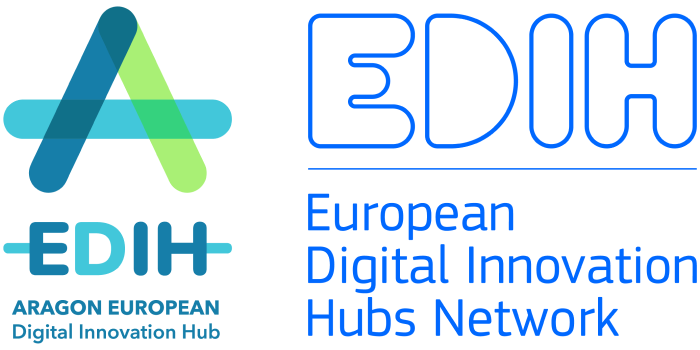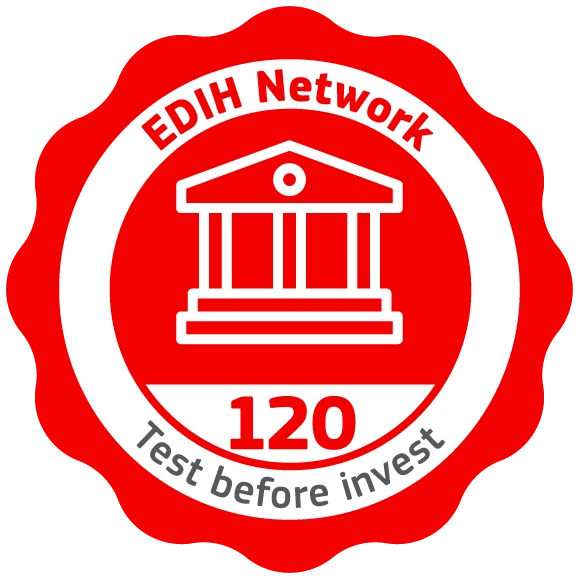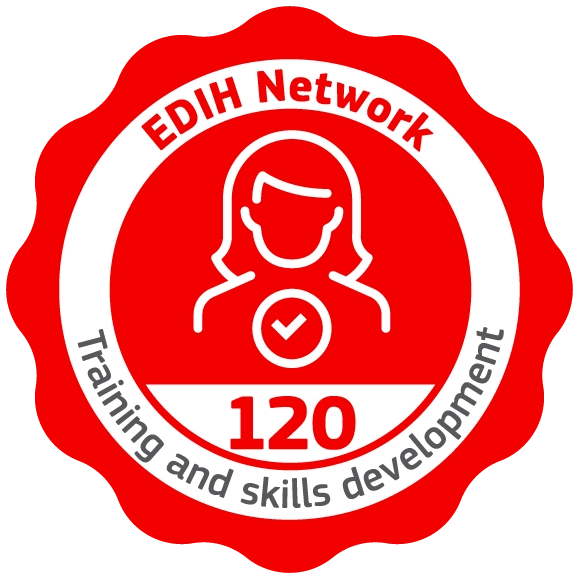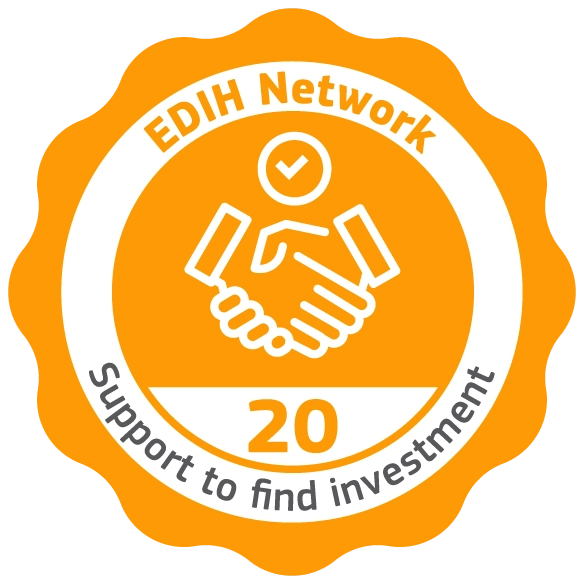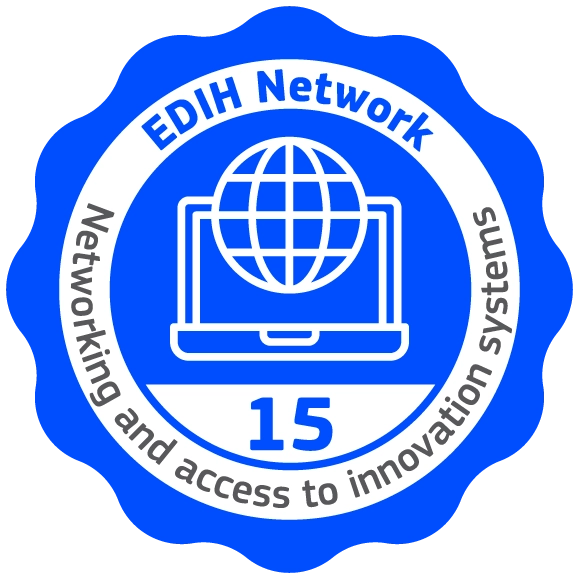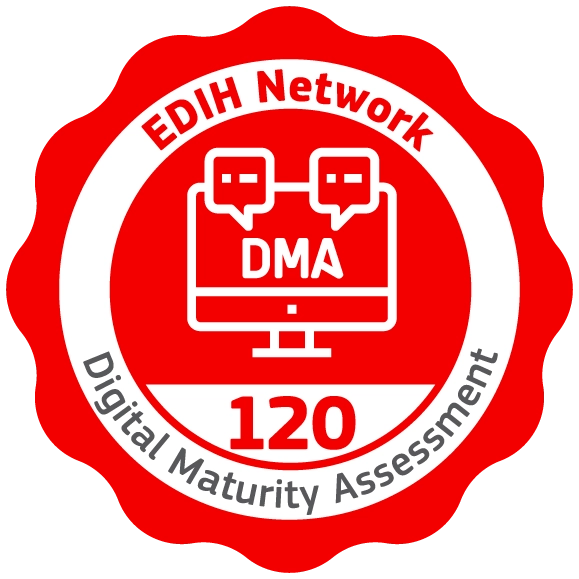Competitive advantages in SMEs: the combination of High Performance Computing and Artificial Intelligence
Who is it aimed at?
Companies that want to boost innovation through the latest technologies related to artificial intelligence and that handle large amounts of data or complex processes.
Goals
- Adquirir conocimientos sobre el mundo de los supercomputadores.
- Lograr competencias básicas para la utilización eficiente y sencilla de grandes supercomputadores.
- Obtener información sobre los recursos de supercomputación accesibles para las empresas, tanto a nivel nacional como internacional.
- Comprender los conceptos fundamentales de la Inteligencia Artificial y el Aprendizaje Profundo, con un enfoque en aplicaciones prácticas para las PYMES.
- Adquirir conocimientos sobre el Procesamiento de Lenguaje Natural (NLP) y su aplicación en la mejora de procesos empresariales.
- Desarrollar habilidades básicas para implementar modelos de NLP utilizando recursos de supercomputación.
Contents
BLOCK 1: Supercomputing - 7 hours
- Videos
- Introduction to Supercomputing
- Supercomputing systems
- Access to supercomputers
- Test Before Invest opportunities for SMEs
- Practical exercise – Using a supercomputing cluster
BLOCK 2: Artificial Intelligence applied to SMEs – 6 hours
- Regression and classification. Models, metrics and data study.
- Introduction to Deep Learning. Basic architectures and neural network training.
- Hands-on session: Application of Machine Learning techniques.
- Introduction to Natural Language Processing (NLP)
- Advanced Language Models and Applications.
- Hands-on session: Application of NLP: Sentiment analysis, document classification, etc.
Methodology Block 1
Methodology Block 2
Requirements
- Participants must have access to a computer, preferably with a Linux or Mac operating system (this can be a virtual machine or Windows Subsystem for Linux, WSL).
- Basic knowledge of working with the Linux shell is required.
- Basic knowledge of Python and experience in library management: Participants must have previous experience in Python, including basic programming knowledge (control structures, functions, and library management).
- Concepts of downloading and installing libraries using tools such as pip.
- Access to a development environment such as Jupyter Notebook or a Python environment to practise
- NLP implementations. This can be locally or through platforms such as Google Colab.
All activities are supported by a teacher/tutor for their development.
Faculty
- Researchers at BIFI (Institute for Biocomputation and Modelling of Complex Systems)
Schedule, date and location
- Dates: 11, 13, 18 and 20 November 2025
- Schedule:
- Module 1: 11 November, from 5pm to 7pm
- Module 2: 13, 18 and 20 November, from 5pm to 7pm
- Location: Classroom 42, BIFI Institute (R&D&I Building, Río Ebro Campus). C. de Mariano Esquillor Gómez, R&D Building, 50018 Zaragoza
- Total duration: 13 hours (hybrid format, 8 hours synchronous)
